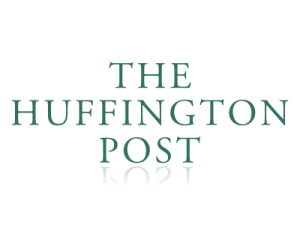On Being Our Brother’s Keeper

By John Bridgeland and Melody Barnes
A former gang member and high school dropout, James Mackey is the kind of kid most of us feared and too many ignored. If we paid any attention to James, we thought he would never be a contributing member of society and discarded him in our psychic trash bins. Fifty years after the war on poverty, most of us declared a silent war on James and other young men and women like him.
But lucky for James and his community, Abrigal Forrestor wasn’t like the rest of us. James met Abrigal through his job at YouthBuild, and a structured mentoring relationship began. In Abrigal, James found someone to look up to, talk with, and support him when no one else would. Now, James is enrolled in school and pursuing his associate’s degree.
What mentoring did for James, it can do for other young people. President Obama announced a new initiative, “My Brother’s Keeper,” focused on helping boys and young men of color reach their full potential through mentoring, college and career readiness and other supports. Embedding mentoring into this and other public and private sector initiatives can have a transformative impact on young people’s lives. Unfortunately one in three young people in the U.S. will reach age 19 without ever having had a mentor; the rates are even higher for at-risk youth. Nationwide, approximately 16 million youth, including 9 million at-risk youth, will grow up without the support and guidance mentoring provides.


